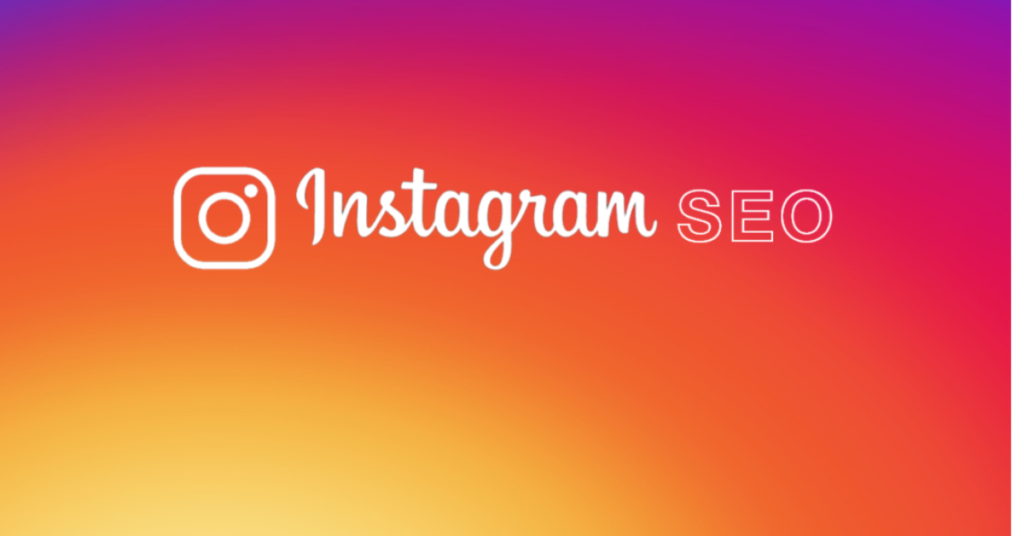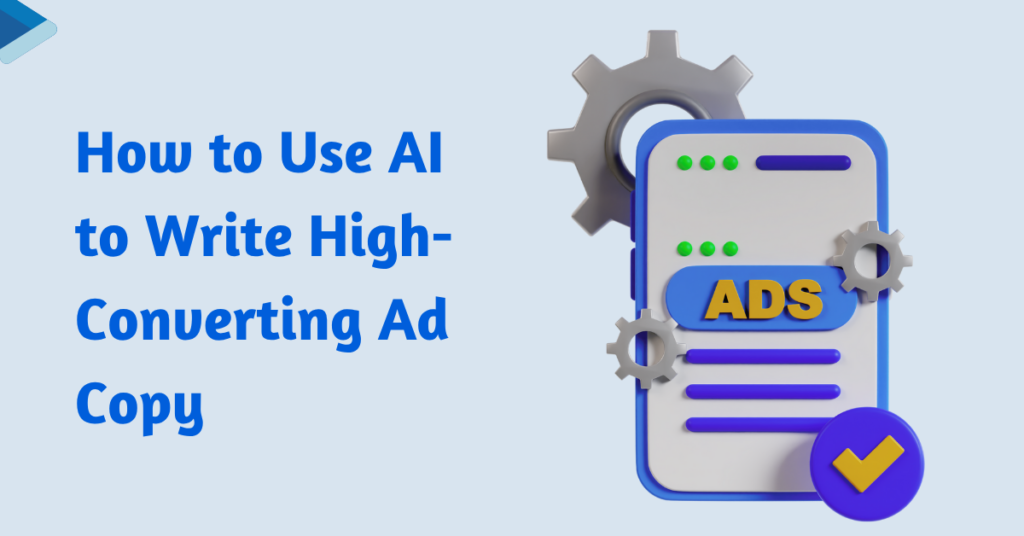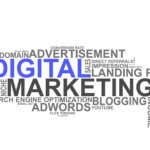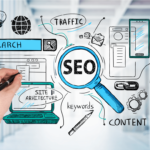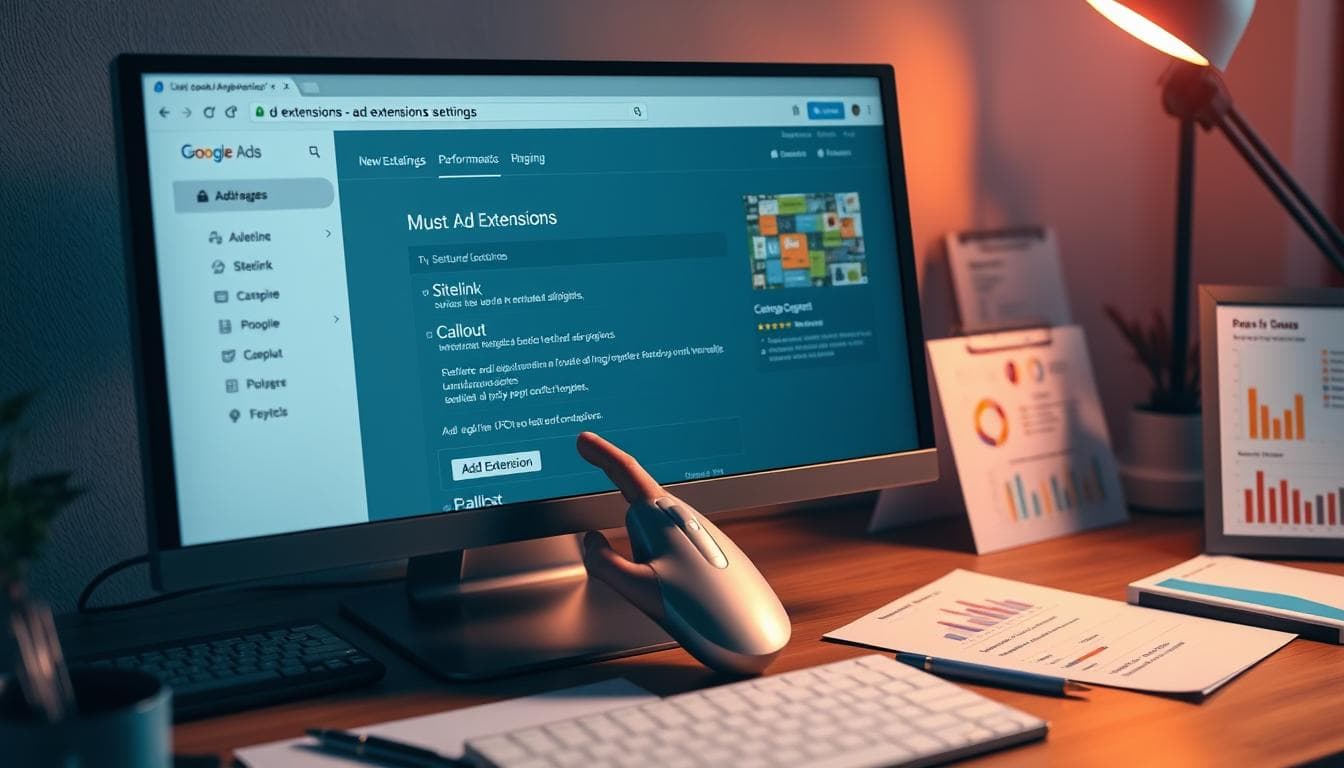Will AI Replace Digital Marketers? The Truth About Automation in Marketing

Introduction
Artificial intelligence (AI) has made its way into nearly every industry, including digital marketing. As AI-powered tools become more sophisticated, marketers face a pressing question: Will AI replace digital marketers?
The idea of machines taking over marketing tasks once handled by humans sparks a mix of excitement and fear. On one hand, AI can automate repetitive tasks, analyze data faster, and even create content. On the other hand, marketing is not just about numbers it requires creativity, human intuition, and emotional intelligence.
In this article, we’ll explore the truth about AI in marketing, its benefits, limitations, and whether it will completely replace digital marketers.

Understanding AI in Digital Marketing
What is AI in Marketing?
AI in digital marketing refers to the use of machine learning, automation, and data-driven algorithms to enhance marketing efforts. AI-powered systems can analyze customer behavior, predict trends, and optimize marketing campaigns with minimal human intervention.
Key AI Technologies Transforming the Industry
Several AI-driven technologies are reshaping digital marketing, including:
- Machine Learning (ML): Algorithms that improve over time by learning from data.
- Natural Language Processing (NLP): Enables AI to understand and generate human language.
- Chatbots: AI-powered assistants that handle customer inquiries.
- Predictive Analytics: Uses past data to forecast future trends.
- Computer Vision: Helps in image and video recognition for marketing campaigns.
How AI Enhances Marketing Strategies
AI allows marketers to:
- Personalize customer experiences
- Automate repetitive tasks like email marketing
- Improve ad targeting and conversion rates
- Optimize content and SEO strategies
Also Read: Essential Digital Marketing Skills You Need in 2025
The Benefits of AI in Marketing
1. Improved Efficiency and Automation
AI takes over time-consuming tasks such as data analysis, content scheduling, and social media management. Marketers can focus on strategy rather than spending hours on routine tasks.
2. Data-Driven Decision-Making
AI tools can process vast amounts of data in seconds, helping marketers make informed decisions based on analytics rather than guesswork.
3. Enhanced Personalization and Customer Experience
AI-driven personalization ensures that customers receive relevant content, product recommendations, and personalized ads, increasing engagement and conversion rates.
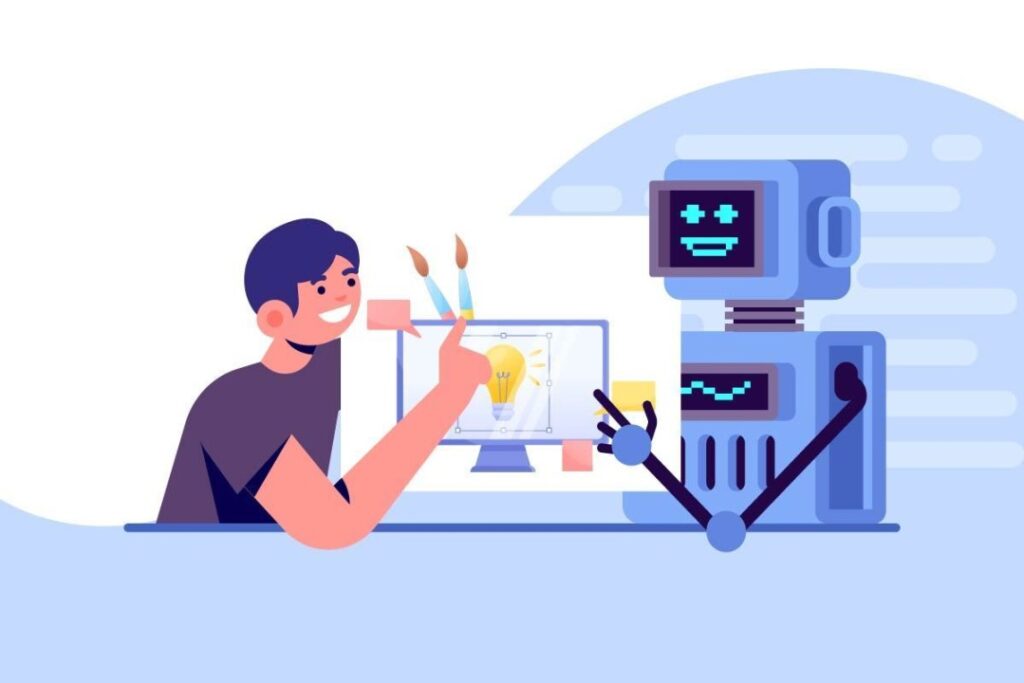
The Limitations of AI in Marketing
1. Lack of Creativity and Emotional Intelligence
AI can generate content, but it lacks the human touch needed for storytelling, branding, and emotional connection with audiences.
2. Ethical Concerns and Data Privacy
AI relies on vast amounts of data, raising concerns about privacy, data security, and ethical marketing practices.
3. Dependency on High-Quality Data
AI’s effectiveness depends on the quality of data fed into it. Poor data quality can lead to inaccurate predictions and ineffective marketing campaigns.
Can AI Fully Replace Digital Marketers?
AI vs. Human Creativity
AI can analyze trends, but it cannot create innovative marketing campaigns that resonate on an emotional level like a human can.
The Need for Human Intuition in Marketing
Marketing requires an understanding of culture, emotions, and consumer psychology—areas where AI still struggles.
Balancing AI and Human Expertise
Rather than replacing marketers, AI is best used as a tool that enhances human capabilities.
AI-Powered Tools in Digital Marketing
Some of the most popular AI-driven marketing tools include:
- AI-driven content generators (e.g., Jasper, Copy.ai)
- Chatbots (e.g., Drift, Intercom)
- AI for social media automation (e.g., Hootsuite, Sprout Social)
AI and SEO: A Game Changer?
How AI is Transforming SEO Strategies
AI helps in keyword research, search intent analysis, and content optimization, making SEO more efficient.
The Impact of AI on Keyword Research and Content Optimization
AI tools like Surfer SEO and Clearscope analyze top-ranking content and provide data-driven recommendations.
Will AI-Generated Content Outrank Human-Written Content?
While AI can produce SEO-friendly content, it often lacks originality and human engagement, making human oversight essential.
The Future of AI in Marketing
Emerging AI Trends in Digital Marketing
- Voice search optimization
- AI-driven video marketing
- Advanced chatbots with emotional intelligence
How Marketers Can Adapt to AI Advancements
Staying ahead means learning AI tools, focusing on creativity, and building authentic customer relationships.
How Digital Marketers Can Stay Relevant
- Upskilling in AI and Data Analytics
- Focusing on Creativity and Storytelling
- Building Strong Customer Relationships
Conclusion
AI is not here to replace digital marketers but to enhance their capabilities. The best approach is a hybrid model, where AI handles data and automation while humans focus on strategy, creativity, and emotional intelligence.
Key Takeaways:
- AI improves efficiency but lacks human creativity.
- Marketers should leverage AI while maintaining human oversight.
- The future of marketing is a collaboration between AI and humans.
FAQs
1. Will AI take over all marketing jobs?
No, AI will automate certain tasks but will not replace human creativity and strategic thinking.
2. Can AI create better content than humans?
AI-generated content is useful for SEO but often lacks originality and emotional depth.
3. What marketing tasks can AI handle?
AI excels in data analysis, automation, chatbots, and ad targeting.
4. Should marketers learn AI skills?
Yes, understanding AI will help marketers stay competitive in the industry.
5. What is the future of AI in marketing?
AI will continue to evolve, but human marketers will always be needed for creative and strategic roles.




